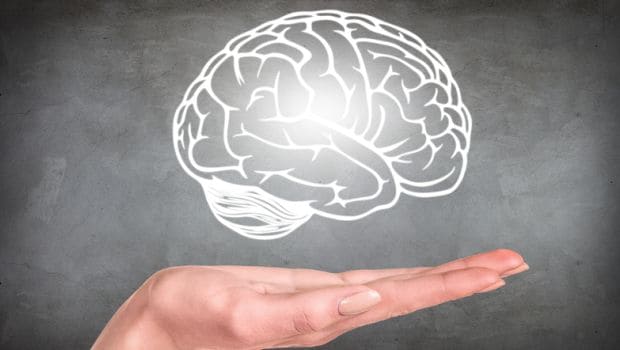
Poor self-regulation among teens is strongly associated with when one sleeps in relation to their body’s natural circadian rhythm, finds a study.
According to the study, published in the journal Pediatrics, daytime sleepiness and being a night owl appear to be more strongly associated with poor self-regulation.
“The results of this study suggest it is not how long you sleep that has the biggest impact on self-regulation, but when you sleep in relation to the body’s natural circadian rhythms and how impaired you are by sleepiness,” said Judith Owens, Director of the Sleep Center at Boston Children’s Hospital, US.
The researchers analysed 2,017 surveys completed by 7th to 12th graders from 19 middle and high schools, where students completed questionnaires about sleep and self-regulation, including cognitive aspects, behavioural aspect and emotional aspects.
Nearly 22 per cent of the students reported sleeping less than seven hours on school nights.
Sleep duration, daytime sleepiness and chronotype were clearly interconnected — night owls slept less on school nights and were subsequently sleepier in the daytime, as were those who slept for fewer hours.
But when the researchers examined all three aspects of sleep and adjusted for age, socio-demographic factors and mental health conditions like attention deficit hyperactivity disorder (ADHD), depression and anxiety, it was daytime sleepiness and “night owl” tendencies that independently predicted impaired self-regulation — while sleep duration did not.
Sleepier adolescents reported significantly worse self-regulation, as did teens who tended to be “night owls” rather than “morning larks”.
The findings held for all types of self-regulation but were most robust for cognitive and emotional aspects.
“The misalignment or mismatch between early school start times and teens’ circadian rhythms — which normally shift later with puberty — may worsen self-regulation or so-called executive functioning,” Owens added.
[“source-ndtv”]










